Keep up to date with all the Policy Briefs by signing up below.

Introduction Nigeria, for over a decade, has been embroiled in an insecurity crisis that defies a single and simple narrative. The six geopolitical regions of the country are each characterised by a unique conflict, or combination of conflicts, that has caused devastating humanitarian crises. While the narrative of “Christian genocide”

Introduction Vulnerable groups in Nigeria, including those displaced by protracted conflict, face an urgent need for recovery. One path to this recovery is migration, often driven by governance failure, economic hardship, lack of opportunities, and a continued cycle of violence. Many people risk using irregular migration routes to reach Europe,
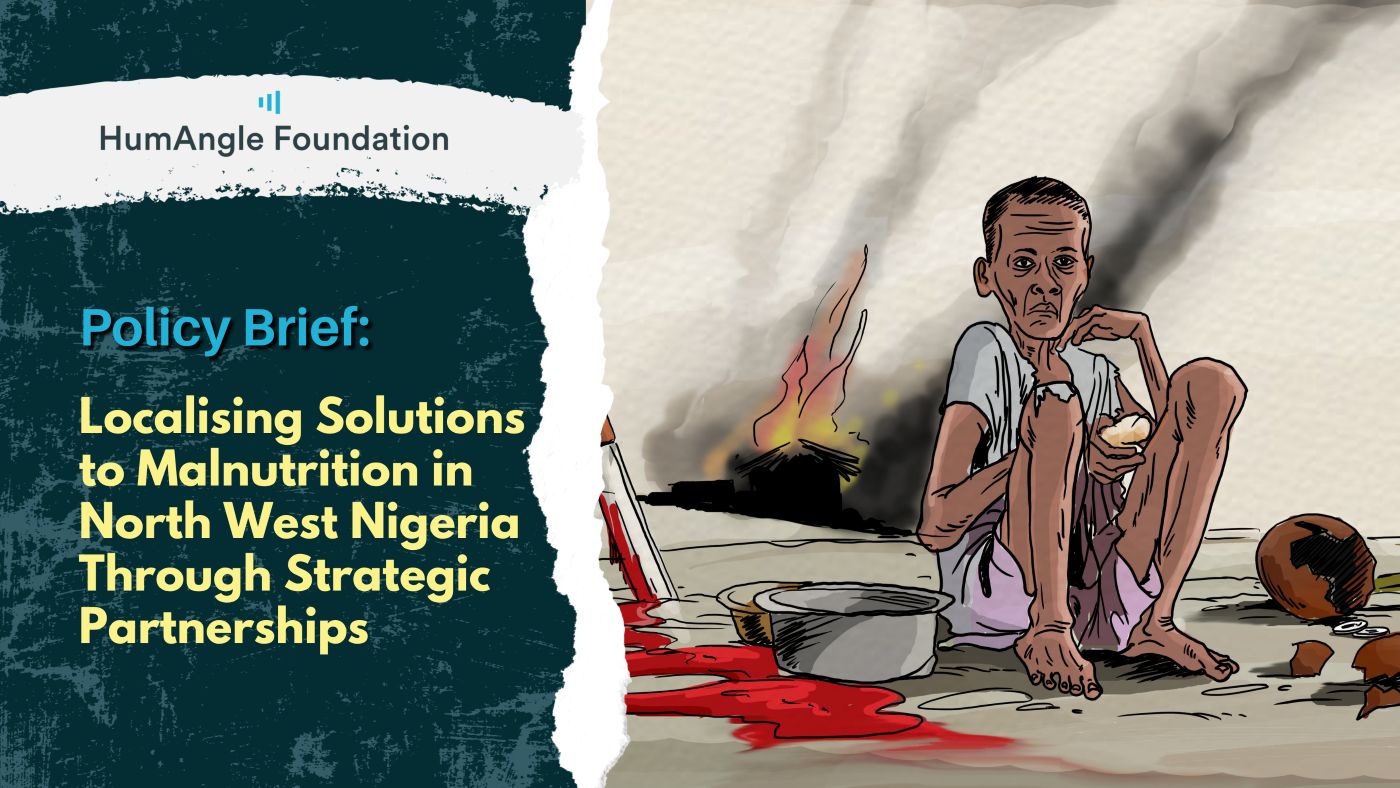
Introduction Over the last two decades, all six geopolitical regions in Nigeria have experienced some form of insecurity. From terrorism and communal violence to banditry and displacement, the cumulative effects have left a trail of humanitarian emergencies, worsened by poverty, poor governance, limited security and support to access farmlands safely,
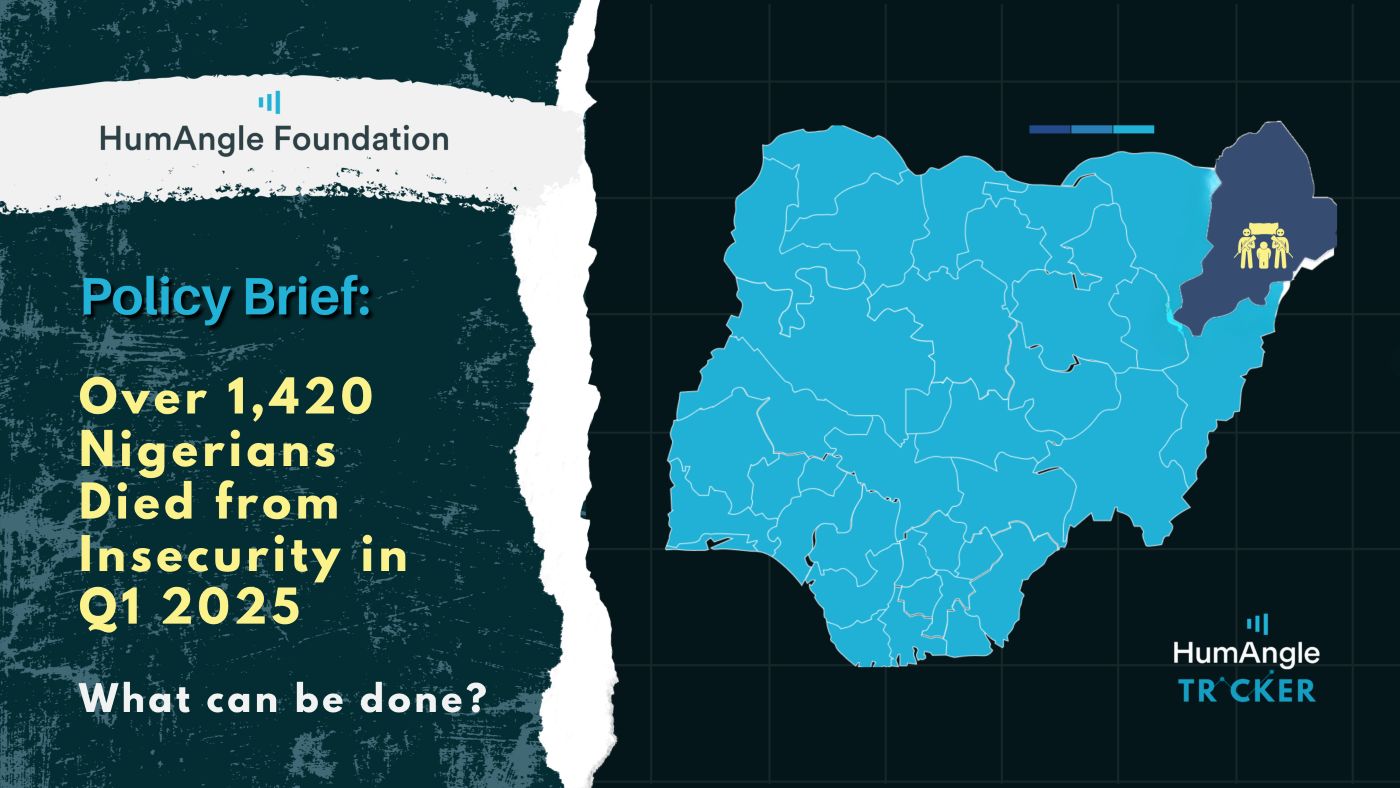
Introduction Over the last two decades, all six geopolitical regions in Nigeria have experienced some form of insecurity. The incidents, ranging from religious and ethnic disturbances to theft and robbery, violent extremism and terrorism, kidnappings, oil bunkering, and communal clashes, have deeply undermined the nation’s stability, peace, and development. As
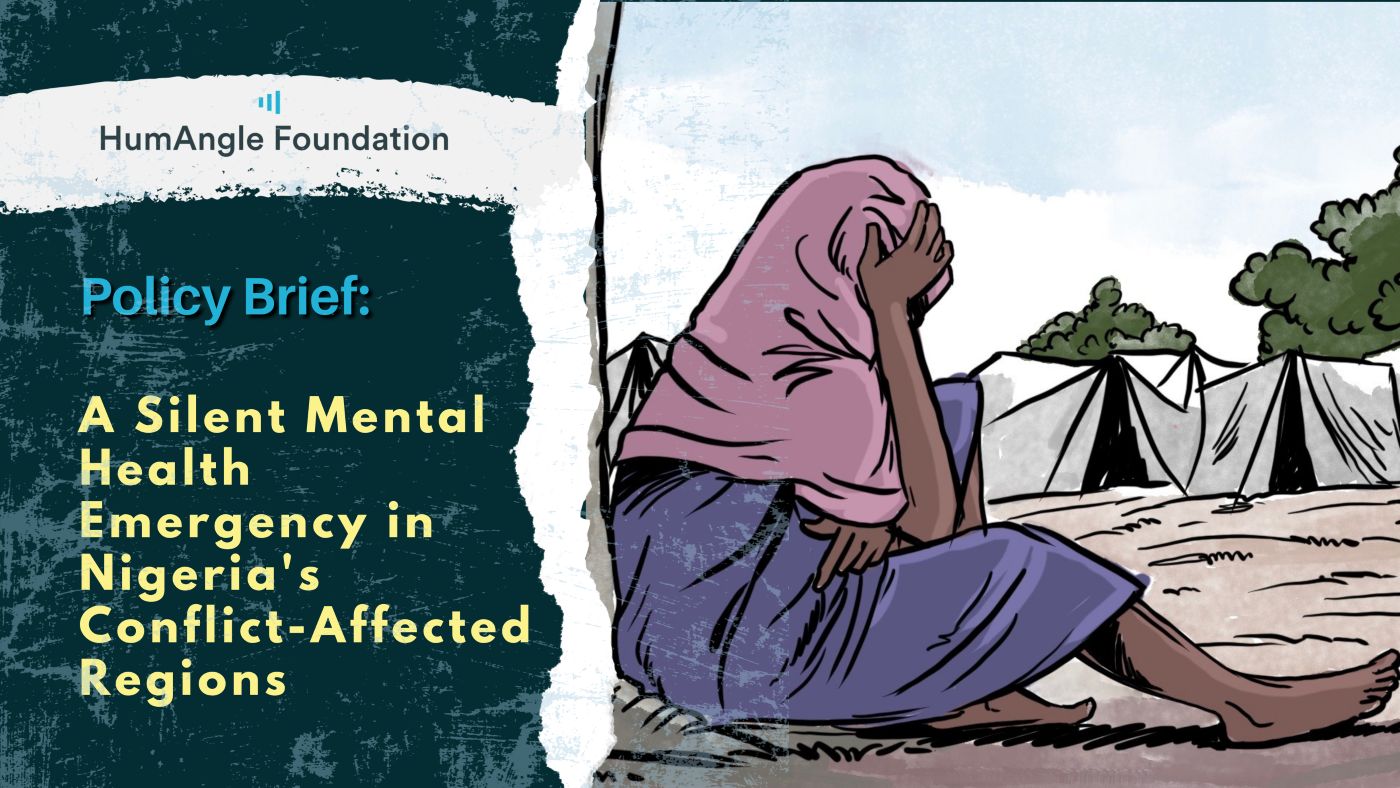
Introduction Nigeria faces a growing mental and psychological health crisis, worsened by complex socioeconomic, environmental, policy, and community awareness challenges. The protracted conflict in the northeast has devastated communities, leading to gruesome deaths, displacement, sexual and gender-based violence, and socioeconomic instability. These violent experiences have severely impacted the mental and psychological well-being
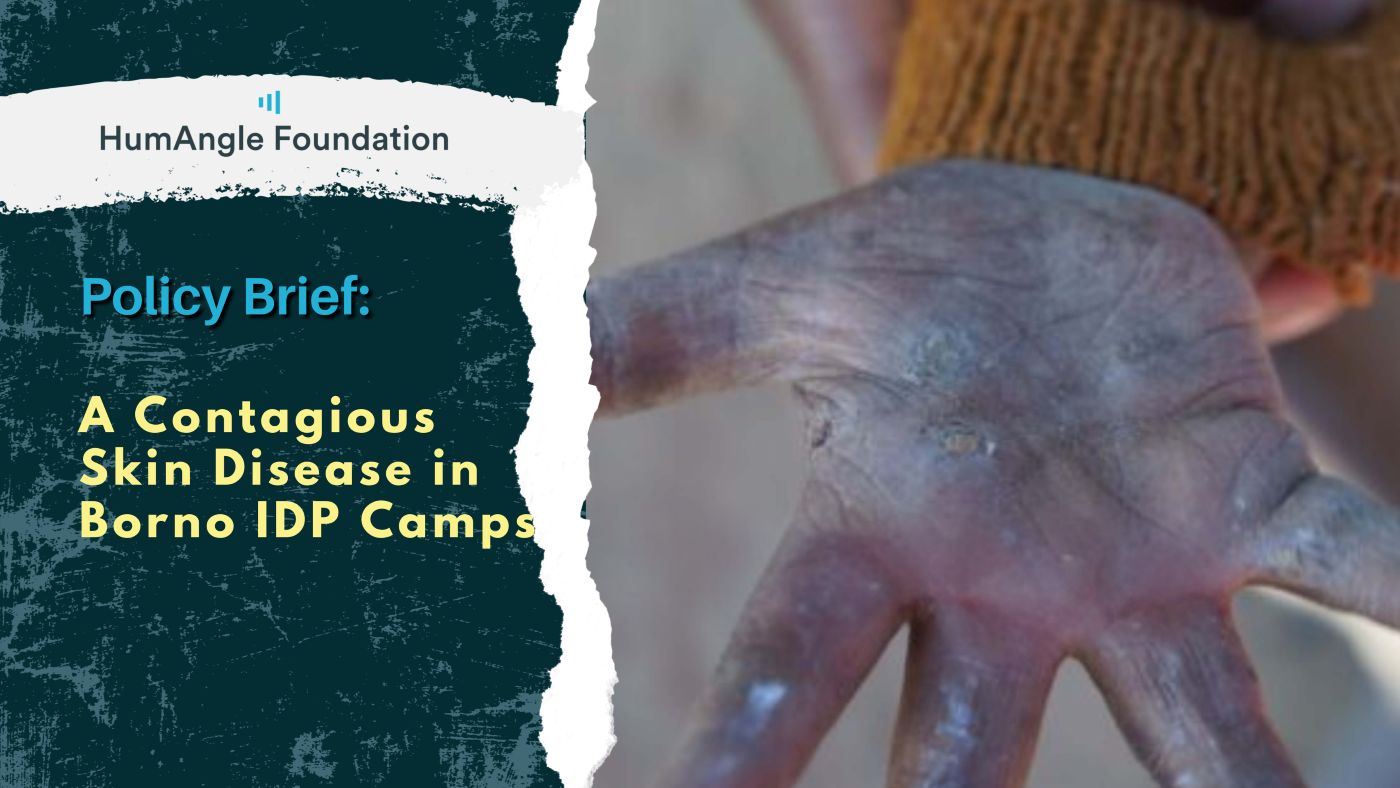
Introduction About half of Nigeria’s 3.3 million internally displaced persons live in Borno State, forced from their homes by the protracted Boko Haram insurgency. Their houses, schools, and towns have been destroyed, and access to social services, such as education and healthcare, has been severely disrupted. As a result, they now rely on humanitarian aid
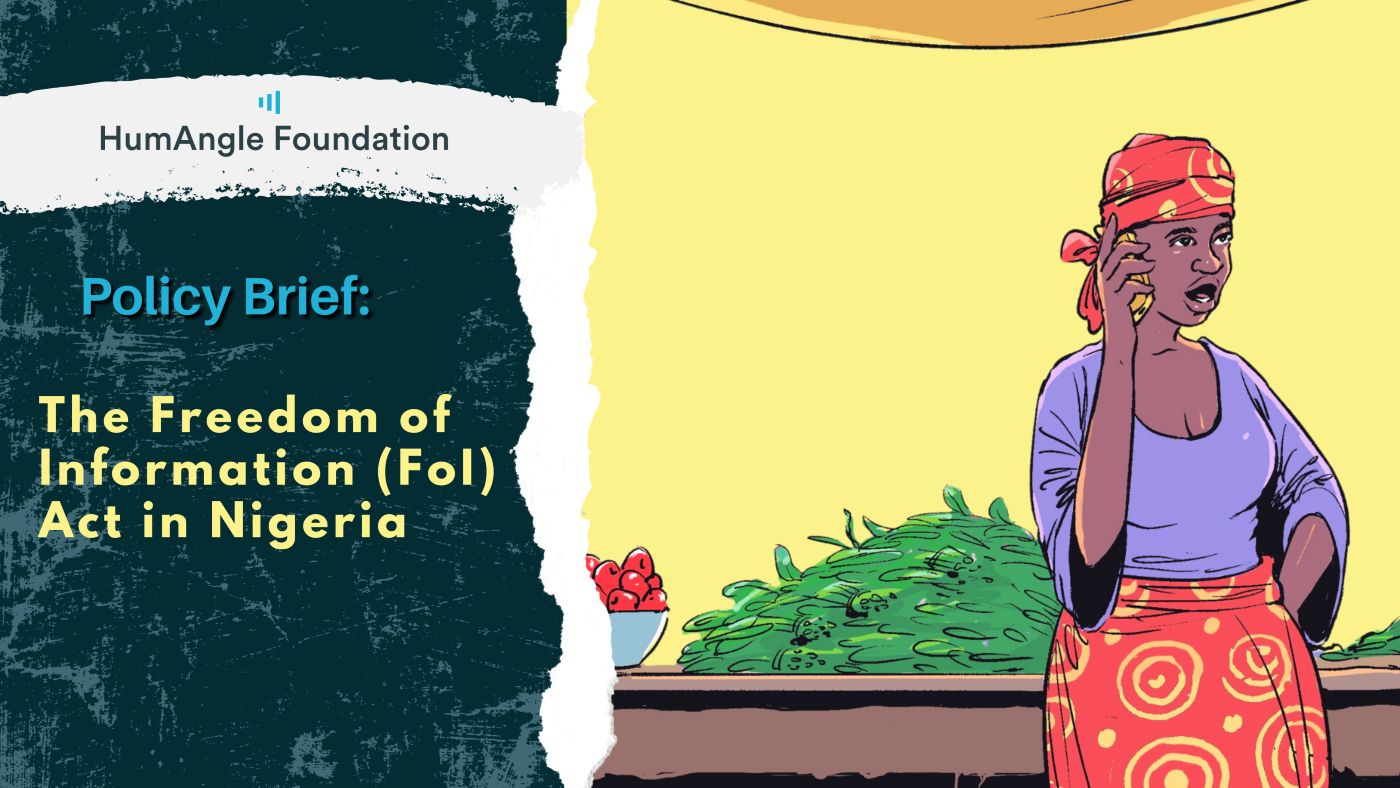
Introduction In May, 2011 the Nigerian government passed into law, the Freedom of Information (FoI) Act. The law grants the citizen’s demand for public accountability, transparency and good governance by empowering them with access to public records and information from government Ministries, Departments and Agencies (MDAs) or private entities holding
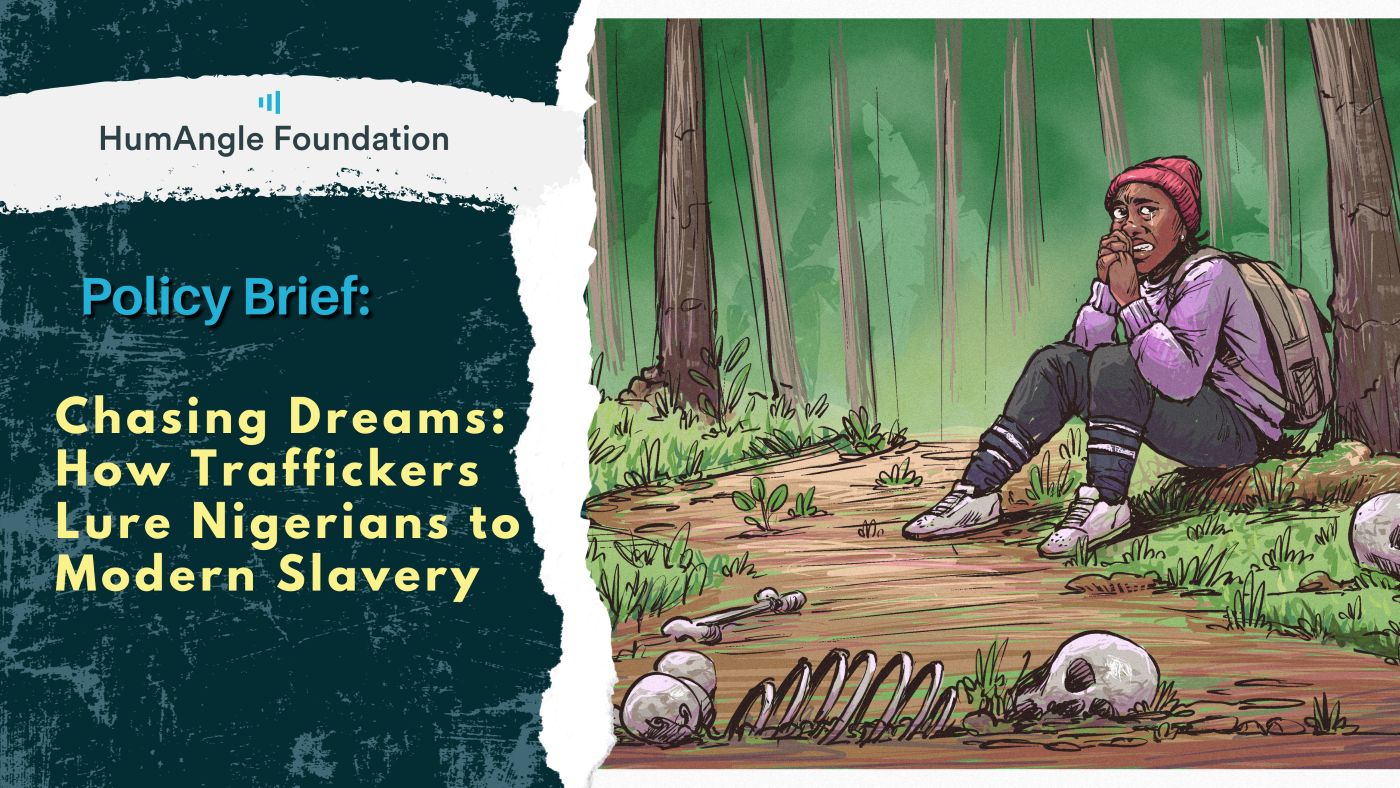
What happened? Between May and August 2023, some job seekers in Southern Nigeria were lured into modern slavery in Cairo, capital of Egypt by job trafficking agents in Lagos. In our recent investigation, we narrated the horrific testimonies of these victims. Before leaving Nigeria, the victims were faced with diverse economic
You’ll get new briefs by email as soon as they’re published.